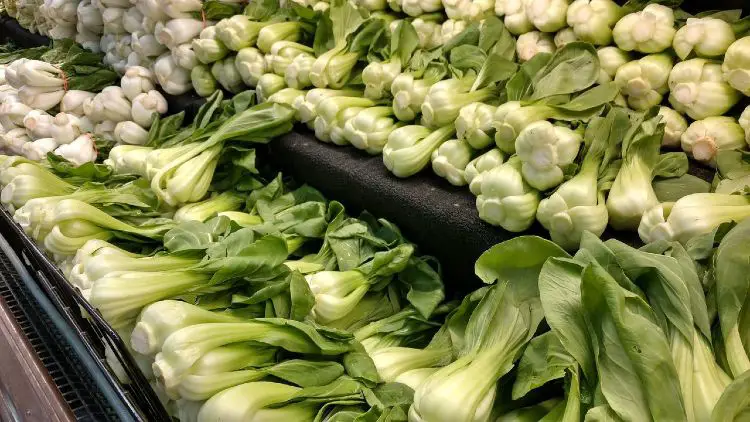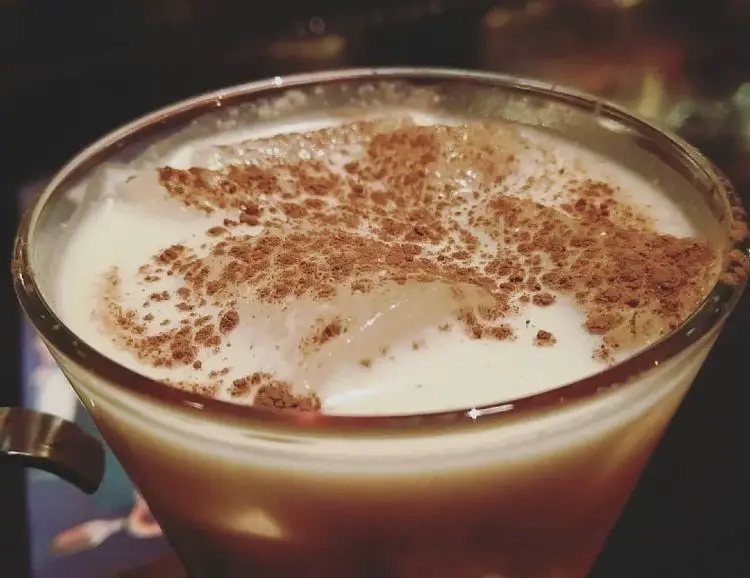Food Blogger Connect 2012
I was invited by the team at Food Blogger Connect 2012 to deliver a speech all about creating a collaborative food writing website and the brave new world of E-publishing. For those that were unable to attend the conference, here is a transcript of the talk.
The Foodie Bugle website from the beginning
I spent a year creating The Foodie Bugle on paper, before launching it in March 2011 online. After being a professional cook and cookery teacher for 25 years, I began to question the integrity and narrow focus of mainstream food and drink media, and to find its horizons both limiting and limited.
With every other food and gardening magazine I found the same, repetitive pattern of advertising and celebrity chef or garden designer-worship uninspiring and un-educational. I have also found that, increasingly, restaurant reviewers wantonly attack and belittle the work of chefs and restaurateurs, a culture of instant opinion forming and trite sound bites permeating aggressive food journalism.
I felt that there was nowhere where small, family-owned businesses, artisanal food and drink producers, farmers and artisans who design and create in and around the industry were being showcased and interviewed, their work analysed and celebrated. I decided to create an independent, co-operative media, using the Internet as a publishing platform and social media as a way to direct both readers and contributors there.
I spent twelve months finding and reading food and garden blogs from all over the world. I identified those writers who I thought spoke with a genuine, intelligent and considered voice, whose visual aesthetic was similar to mine and I contacted them by e-mail to see whether they would like to participate in The Foodie Bugle.
The name
The name of this venture came from old newspapers such as The Chronicle, The Herald, The Sentinel and The Gazette. The Foodie Bugle would be about letting people know of the things that really matter: good, clean, fair food and craftsmanship.
The design
I designed the whole website on large sheets of paper: from fonts, to colours, spacing, grids, categories and photo displays I showed my website designers, Moresoda of Bath, the broad details of what I wanted to achieve. They transcribed my paper designs into a technical script. I created recipes, bought props and cooked the food that would be shot for the headline, banner photography in my home, and I also researched, interviewed, wrote and edited ceaselessly, sometimes right through the night, in order to have a ready portfolio for the day of launch. I pay for all the expenses pertaining to the website out of my own money.
Finding good contributors
It was not a very easy process in the beginning: many of the best food and garden writers, of course, will not participate for free, nor do they wish for the limelight to be in any way detracted from themselves. Good quality, well written, interesting features, articles, reviews and essays are always going to be the holy grail of good publishing, in a world where increasingly “short and shallow” writing is the norm.
Scholarly, investigative, didactic pieces about food and drink, its history, culture and trends are rare on the Internet. It is also rare to find writing that does not read like a PR press release, gushing in praise, with “gorgeous”, “fabulous”, “amazing” and “yum-yum” in every sentence.
It takes patience, persistence and hundreds of hours of editing to create writing worth reading.
Food photographers from all over the world have always been very pleased to be asked to take part, and I send them interview questions to find out about their life and work behind the camera lens.
The launch and progress
Using Twitter and Facebook to create buzz and interest in The Foodie Bugle I pressed the “publish” button or the first time eighteen months ago. With the help and support of likeminded writers, photographers, food producers and publishers, the number of readers and the number of influential people in the media using The Foodie Bugle as an important resource and reference point has grown and grown. The key has always been, and always will be, sharing: The Foodie Bugle shines a light onto the skill, talent, aptitude and tenacity of others. It is altruistic, socially-inclusive and underpinned by a quest for quality, interest and significance.
One year later The Foodie Bugle won The Guild of Food Writers New Media Award, beating BBC Good Food, The Times newspaper and Timeout London.
Many of the writers and the artisans in The Foodie Bugle have gone on to be approached by book publishers, radio producers, magazine and newspaper editors, restaurants, food festivals and cookery schools. The great advantage of a democratic, cohesive and co-operative platform, obviously, is that together bloggers are much more visible and powerful than they are individually.
The Foodie Bugle Lectures and Lunches
I also organised two Foodie Bugle Lectures, where accomplished authors, artisans, bloggers and cooks came together, in the beautiful space of Thyme At Southrop Manor Estate in Gloucestershire, to share knowledge, wisdom, advice and support. In my home I host an annual Foodie Bugle Lunch every Autumn, to say thank-you to all the contributors and to create a sense of community and belonging. I am also setting up The Bath Cookbook Club, which will meet once a month in the Society Café in Bath, bringing together cookbook lovers to review, recommend and refer excellent new cookbooks.
Every day a new opportunity comes to knock at the door of The Foodie Bugle. Countless times I have passed the work on, identifying which writer, photographer or artisan would be best suited for that particular piece of work. Recommendations, retweets and referrals are crucial to the longevity of our community.
Financing
You cannot monetise the Internet, but you can monetise yourself and your skills, within a portfolio career.
To create a blog with product promotions has never been my mission and therefore advertising, freebies, give-aways and competitions have never really been an attraction. To be honest, I know of very few people who are able to earn a real living from food Blog advertising in Britain. But I know many people who use their blogging platform as a way of showcasing their talents and qualifications as teachers, cooks, writers, home economists, stylists, photographers and designers. This brings employment opportunities their way.
I was approached by The English Garden Magazine to be their new food writer, I am also writing for The Simple Things magazine, I was given a number of teaching opportunities at cookery schools up and down the country and I am now a consultant for a number of high-profile hospitality businesses that need advice about social media and blogging. I also work as a food stylist and my home is used as a photo shoot location.
Using social media
I try to use social media as if I were chatting to a foodie community, passing on titbits of information, linking to interesting articles, showing great food blogs I have found or referring the portfolio of an outstanding photographer, restaurant or hotel website. There is no commission and no bribe: it’s not about winning followers or broadcasting. It should always be about sharing and learning.
The downside of creating a collaborative magazine
The challenges of managing such a website on a day to day basis can be quite onerous: The Foodie Bugle is constantly being bombarded by hackers and spammers from all over the world; I have had to close down the commentary section of the website; PR agents who neither read the magazine nor understand its ethics bullet spray me with requests for free publicity daily; every day, when I switch on my computer, the first half hour sees me pressing the “delete” button scores of times.
I have been attacked by a Twitter gladiatorial lynch mob, instigated by Guardian journalists who called my work “an oddity”, setting off a brutal chain reaction of inflammatory comments. One Tweeted to his followers that I am a “poor potty creature”, who is obviously not working in her native language. I never commented on their insults. It is very difficult to defend yourself against cyber bullying, and I recommend stepping away from offensive remarks. The Internet is a dangerous place, and caution is a prerequisite to participating.
Onwards and upwards
My ambitions for The Foodie Bugle are both simple and challenging at the same time: I would like the standard of its writing and its visual impact to continue improving, with every edition. I would eventually like to create a separate quarterly print edition of The Foodie Bugle, sold online and in retail outlets that share our concerns. I am influenced by the work of many different writers and I read avidly, across all genres, keeping alert my curiosity for heritage, culture, the world of food and farming and talent both new and old, in order to learn something new every day.
The future
Food sustainability and food security issues are now at the forefront of the global economic and political agenda. More than ever good food bloggers have a very important role to play in the way stories are found and narrated, from the farm, the dairy, the bakery or the kitchen. There is a great hunger for information, inspiration and education: people worry about the provenance, authenticity and value of their food, what children eat and how our planet will feed nine billion people by 2050.
I believe the hand that pushes the shopping trolley, that makes the bread and fills the school lunch-box rules the world, which is why food bloggers are so important in the food chain. Our role, on the ground, finding special farmers’ markets, hard-working producers and conscientious traders should be to collate and refer excellence. I hope to make The Foodie Bugle a quiet, calm space to curate that excellence.
For Further Information
Food Blogger Connect Conference: www.foodbloggerconnect.com


